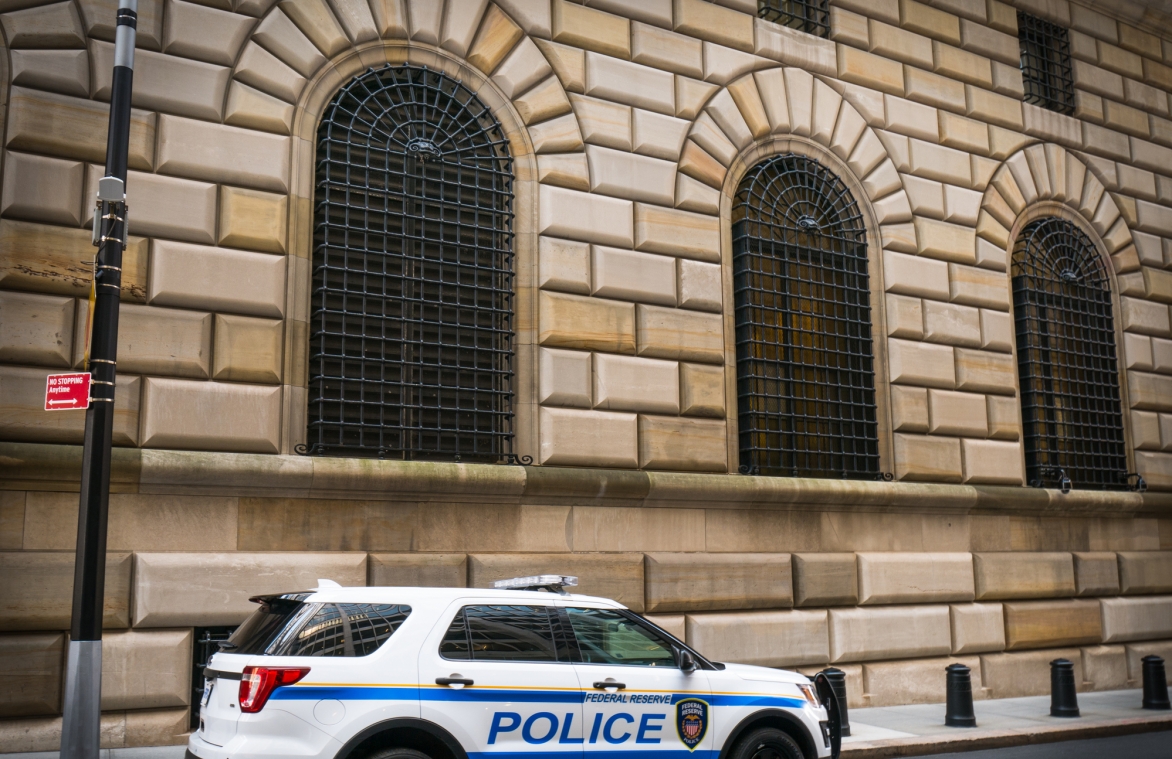A former Jersey City, N.J., police officer who posted images of himself in police uniform with offensive gestures and language lost his First Amendment retaliation claim before a state superior court. The court reasoned that the officer “exercised an extreme lack of judgment” in his posts.
The officer, known in court papers only as “J.R. 1”, had a difficult history with the department that included discipline for failing to file an investigation report ordered by a superior officer, using a department vehicle without permission, and becoming belligerent and disrespectful when directed to file a report.
The officer also was charged with domestic violence and charged his spouse with domestic violence during his tenure, though all charges were eventually dropped. Further, the officer violated the department’s social media policy, which prohibits officers and employees from “posting any images or video that may reflect negatively on the Department.”
J.R. 1 posted pictures of himself and other officers in uniform on his Instagram account during his work shift. In many of the photos he was wearing his uniform, and in some he was brandishing weapons. One post featured him displaying his middle finger with a caption including racist and derogatory language. He also referred to himself as “a dangerous beast.”
Ultimately, J.R. 1 was fired in July 2016 and filed a lawsuit in December 2017. He alleged various statutory complaints of discrimination and retaliation, including a claim for retaliation under the First Amendment. In March 2020, a trial court granted summary judgment to the defendants.
On June 21, 2021, the Superior Court of New Jersey affirmed in J.R. v. City of Jersey City. Regarding the officer’s First Amendment claim, the superior court emphasized that his social media posts “hindered [the police department’s] ability to run a credible and effective police department.”
The superior court also noted that “some of the captions that accompanied these photos included racist, derogatory, and threatening language.”
The court concluded: “Because plaintiff’s speech cannot be considered protected speech, defendant’s decision to discipline him based on the numerous violations of the social media policy did not violate his First Amendment rights.”
The plaintiff, a Hispanic officer, had also alleged that he was subject to disparate treatment for violating the social media policy, because several Caucasian officers made similar social media posts and were not disciplined. However, the superior court ruled that “Plaintiff has not presented any evidence to support his assertion that race was a factor which resulted in his termination.”
The Free Speech Center newsletter offers a digest of First Amendment and news media-related news every other week. Subscribe for free here: https://bit.ly/3kG9uiJ
David L. Hudson Jr. is a professor at Belmont University College of Law who writes and speaks regularly on First Amendment issues. He is the author of Let the Students Speak: A History of the Fight for Free Expression in American Schools (Beacon Press, 2011), and of First Amendment: Freedom of Speech(2012). Hudson is also the author of a 12-part lecture series, Freedom of Speech: Understanding the First Amendment (2018), and a 24-part lecture series, The American Constitution 101 (2019).

